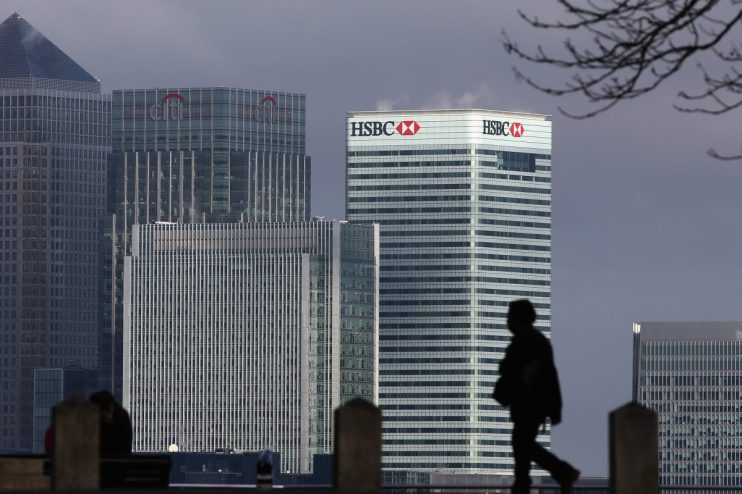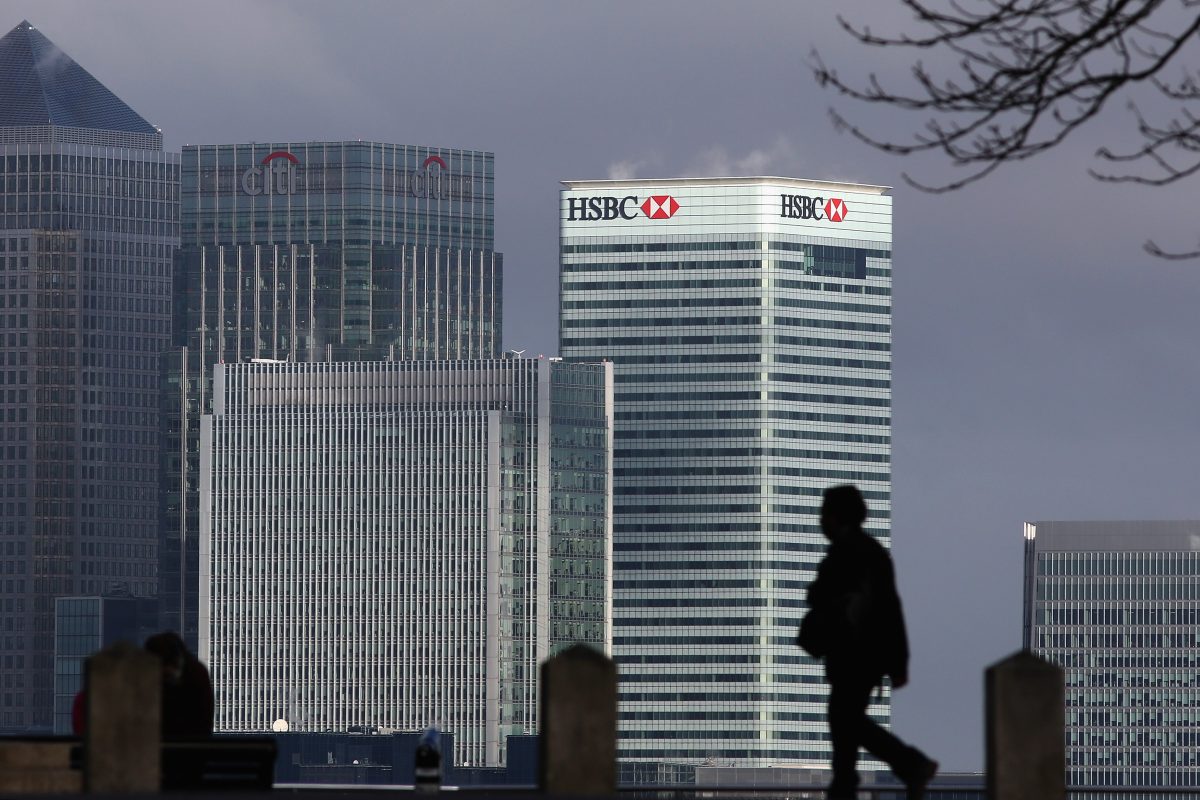| Updated:

Open banking needs urgency – not more debate, write John Glen, three years on from opening the conversation as City minister
In the UK, open banking has quietly transformed the way millions of people manage their finances, from budgeting apps and smart savings tools to quicker, more secure payments.
At its core, open banking gives individuals and businesses greater control over their financial data by enabling secure access and sharing across different financial service providers.
Open finance is the next step: expanding these benefits beyond banks to include savings, investments, insurance and pensions, unlocking innovation, improving transparency and helping consumers and businesses alike make better-informed decisions to harness the full potential of their money.
As economic secretary to the Treasury and City minister, I was responsible for open banking policy during its formative years.
Under my tenure, we launched the Joint Regulatory Oversight Committee (JROC) to steer the transition of open banking from a competition remedy to a long-term, commercially sustainable regulatory framework. Yet three years on, we are still debating the future of open banking and open finance.
It is time to finish the job.
Industry must embrace open banking
This is not a reflection on the sterling efforts of all those involved to date, nor is it political point-scoring. Despite all the good intentions, progress has been too slow, and all stakeholders – government, regulators and industry – need to redouble their efforts with a laser focus on delivery.
Open banking has the power to be a public good, and an enormous commercial opportunity, enjoying cross-party support.
The ability to share data securely, with consent, can transform services, sharpen competition and unlock growth. But good intentions must now give way to real change.
The finance industry has a responsibility to seize this moment and to lead. The Data (Use and Access) Act has now passed through Parliament, giving HM Treasury the powers it needs to mandate participation, establishing the frameworks, rules and standards required to support the next generation of smart data schemes.
Government’s role is merely to set the rules of the game. It is then for industry to take the ball and run with it.
The future of smart data in banking and finance must rest on commercially viable models.
We must move beyond reliance on regulatory mandates and build commercial incentives, allowing firms to charge fair, market-driven prices for data access and APIs, while protecting consumers and ensuring a level playing field. Aligning incentives is essential to ensure meaningful, market-led participation.
This is where the newly launched Smart Data Group (SDG) can help. As a neutral industry convener, SDG can coordinate the work needed to design, deliver and operate future smart data schemes, not just in finance, but across the wider economy. From early scoping to technical implementation and governance, SDG is the glue that holds the smart data ecosystem together.
The time for discussion has passed. At a moment when the UK needs growth more than ever, unlocking the economic value of data must be a national priority. SDG has been established to help make that happen, at pace, and at scale.
Now is the moment for action. Government must be clear. Industry must step forward. And together, we must realise the full potential of data-sharing across the financial sector – and beyond.
By John Glen MP is former City minister







